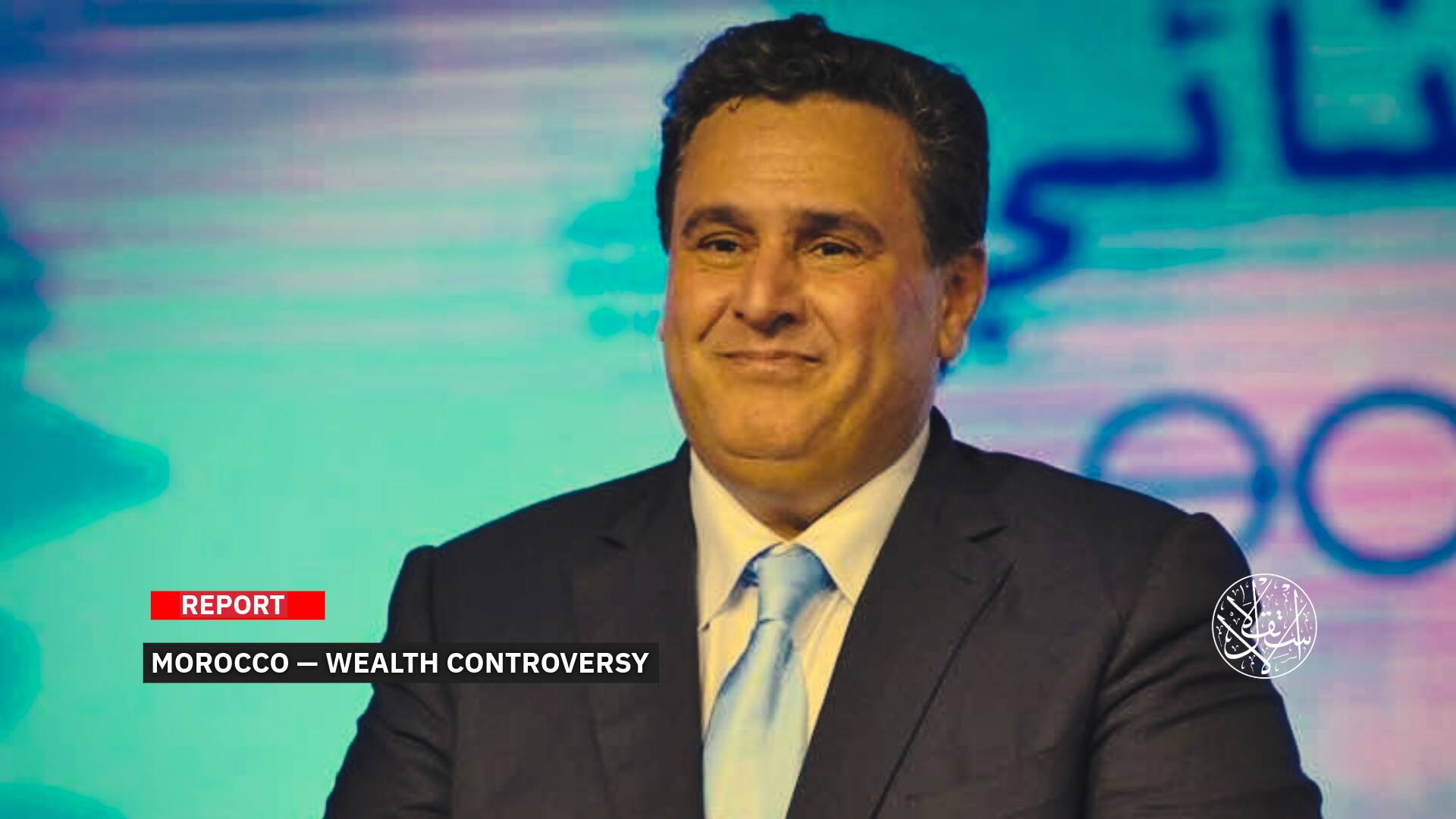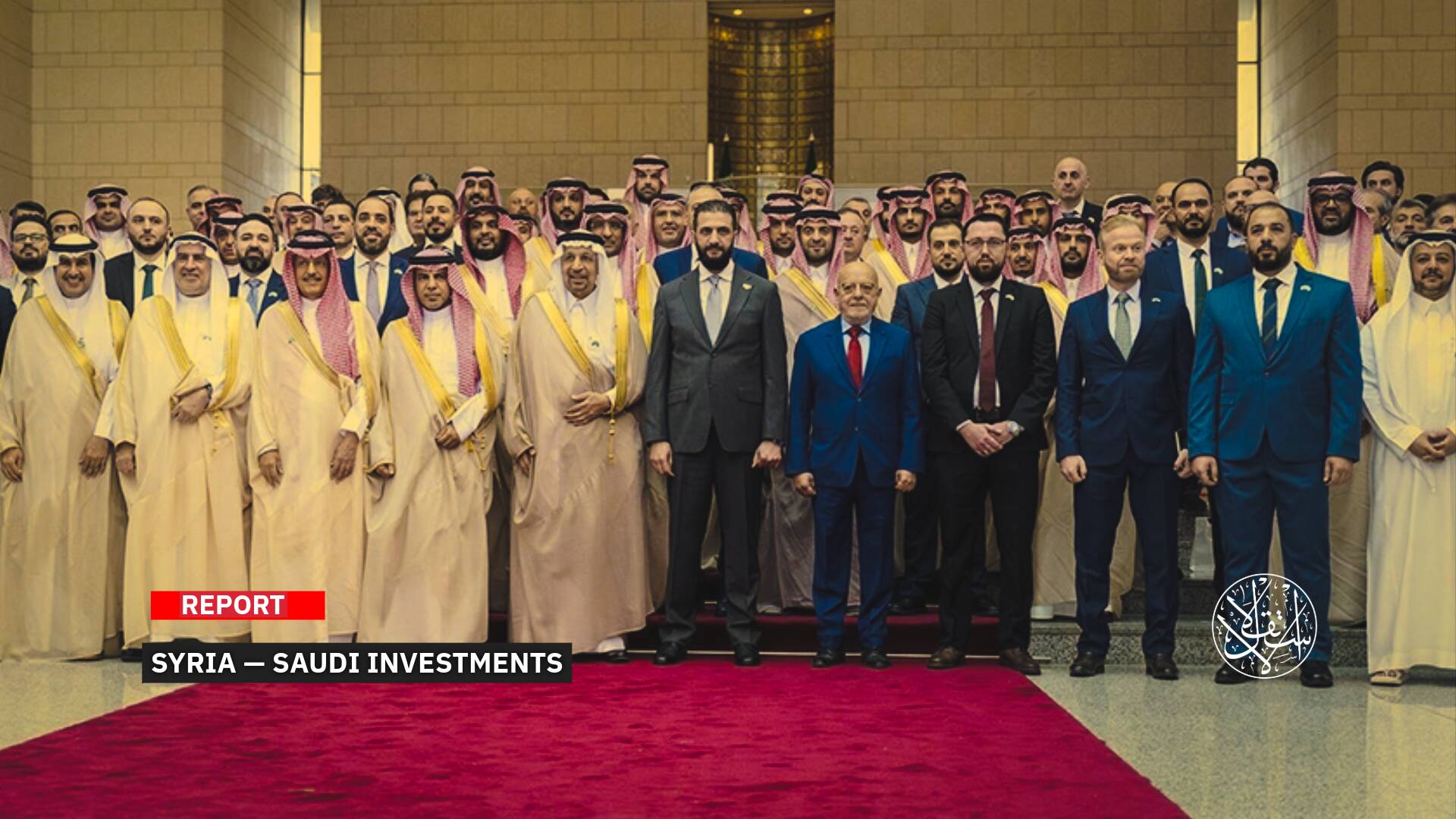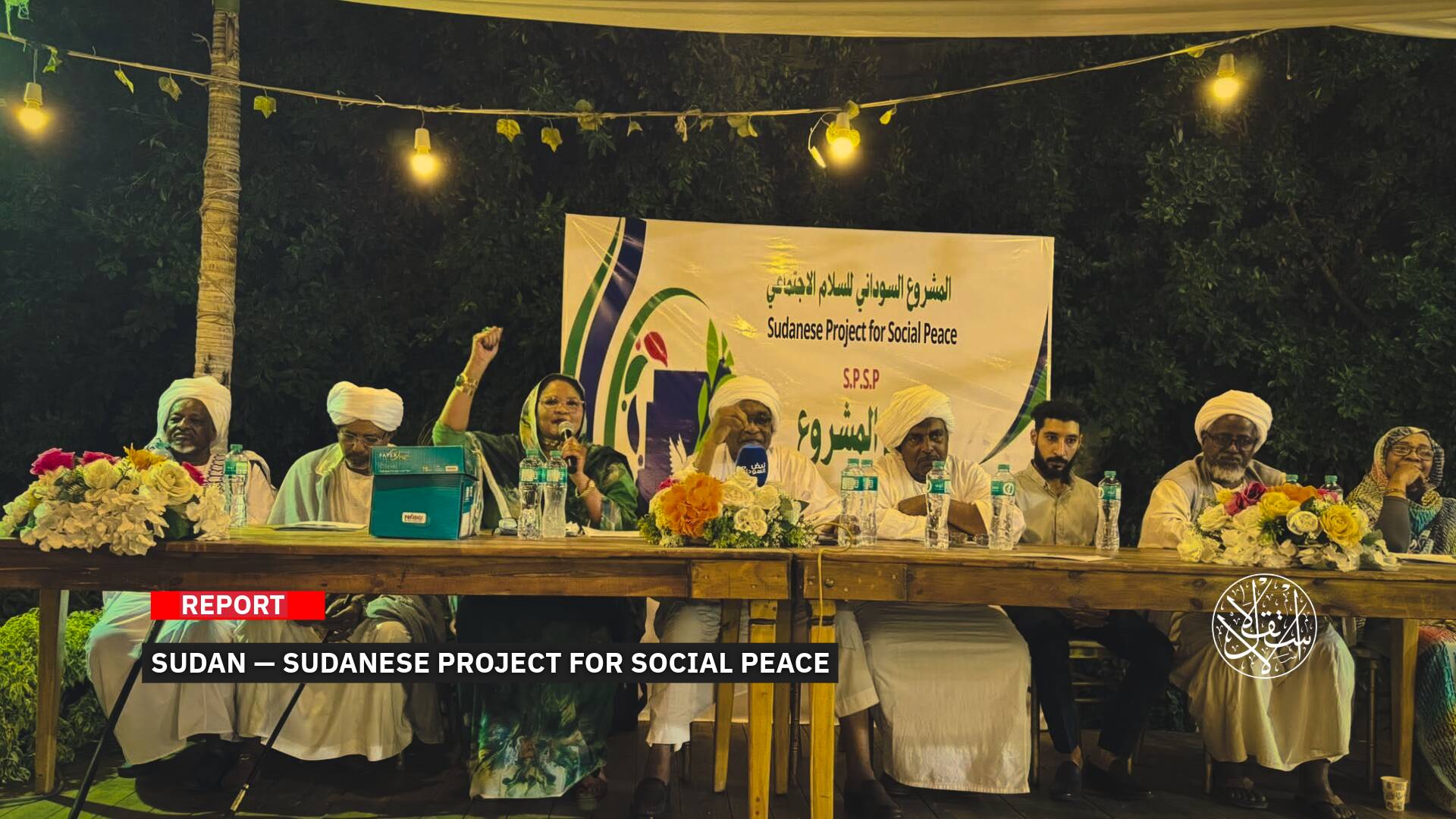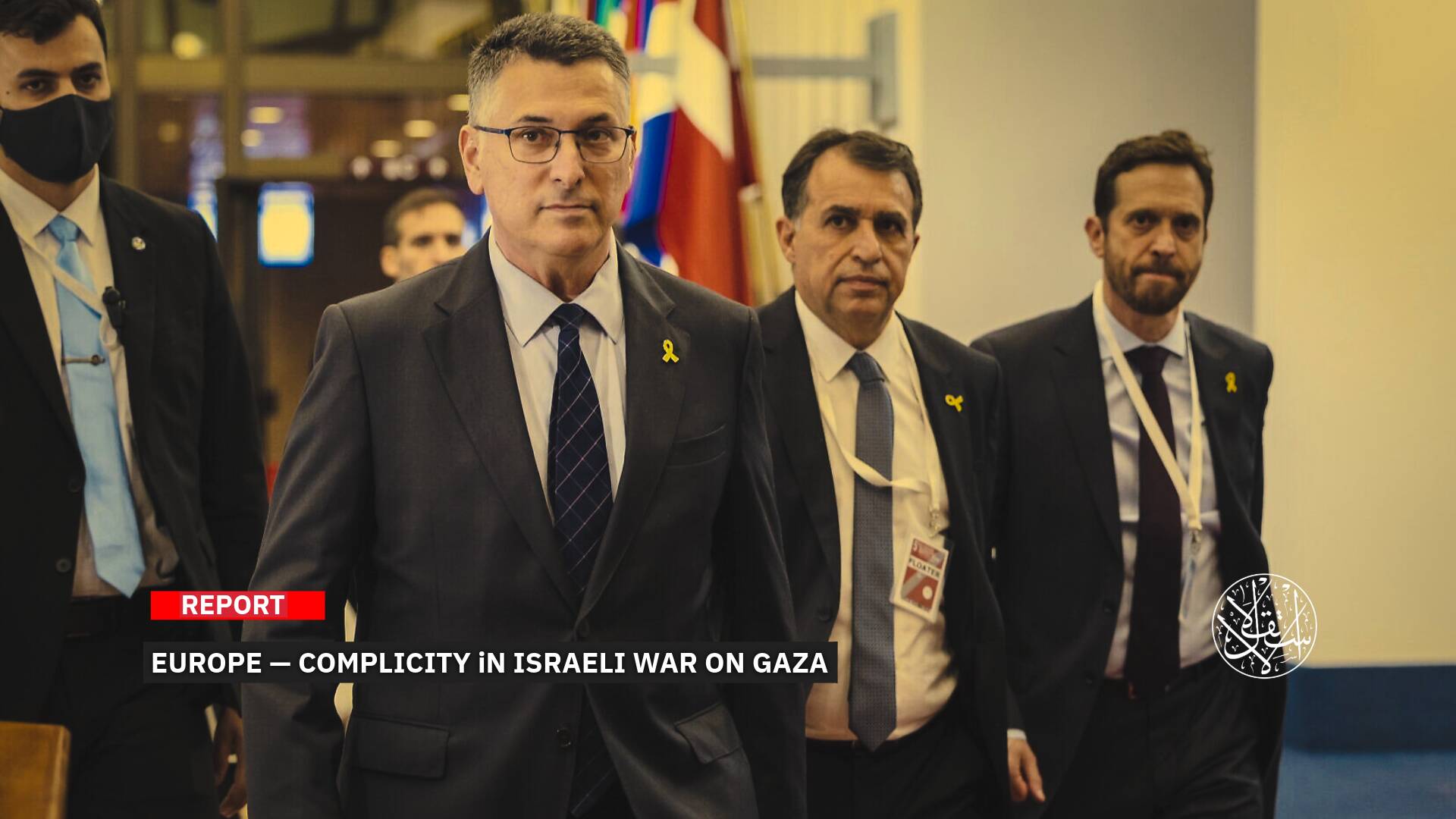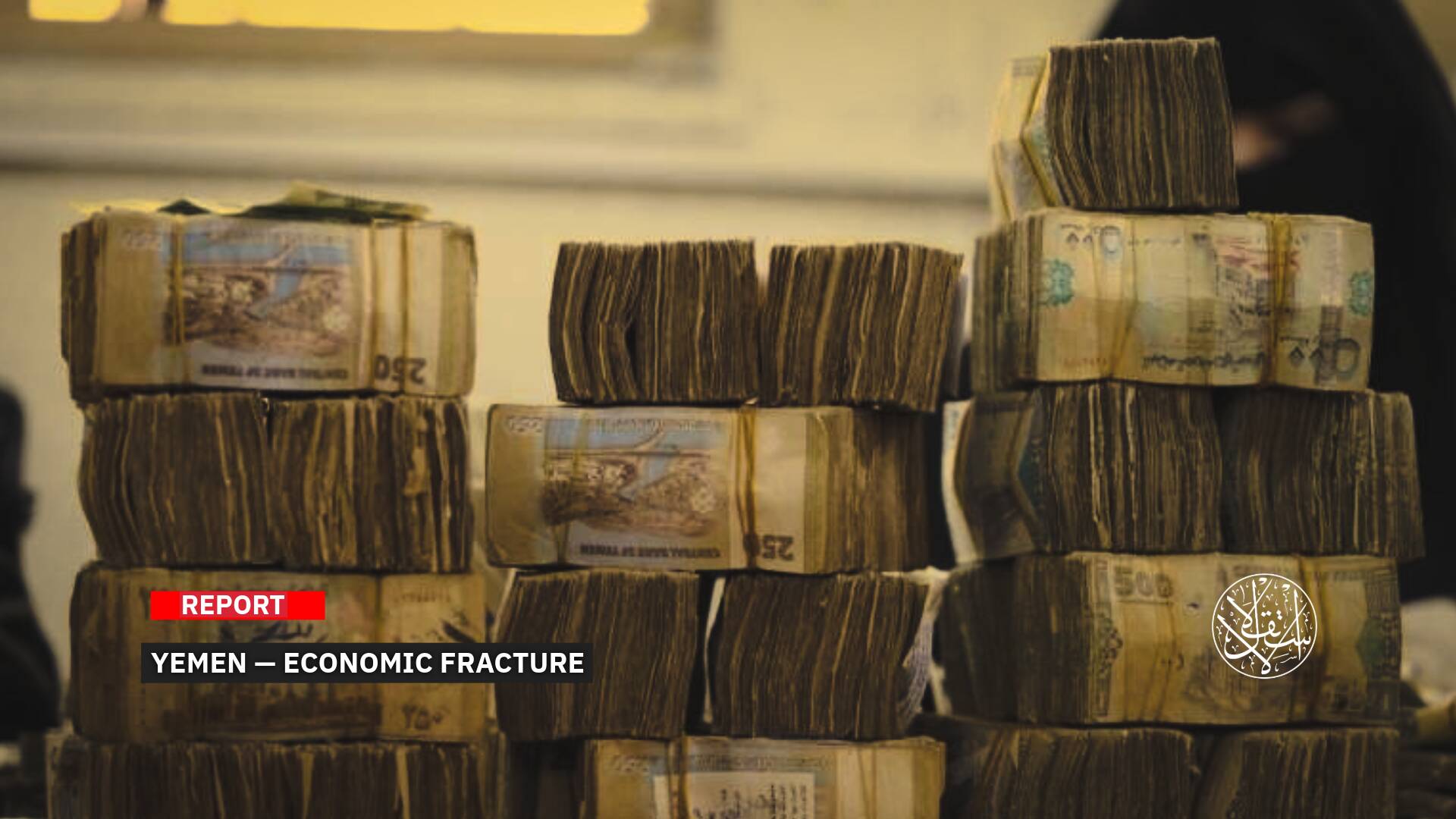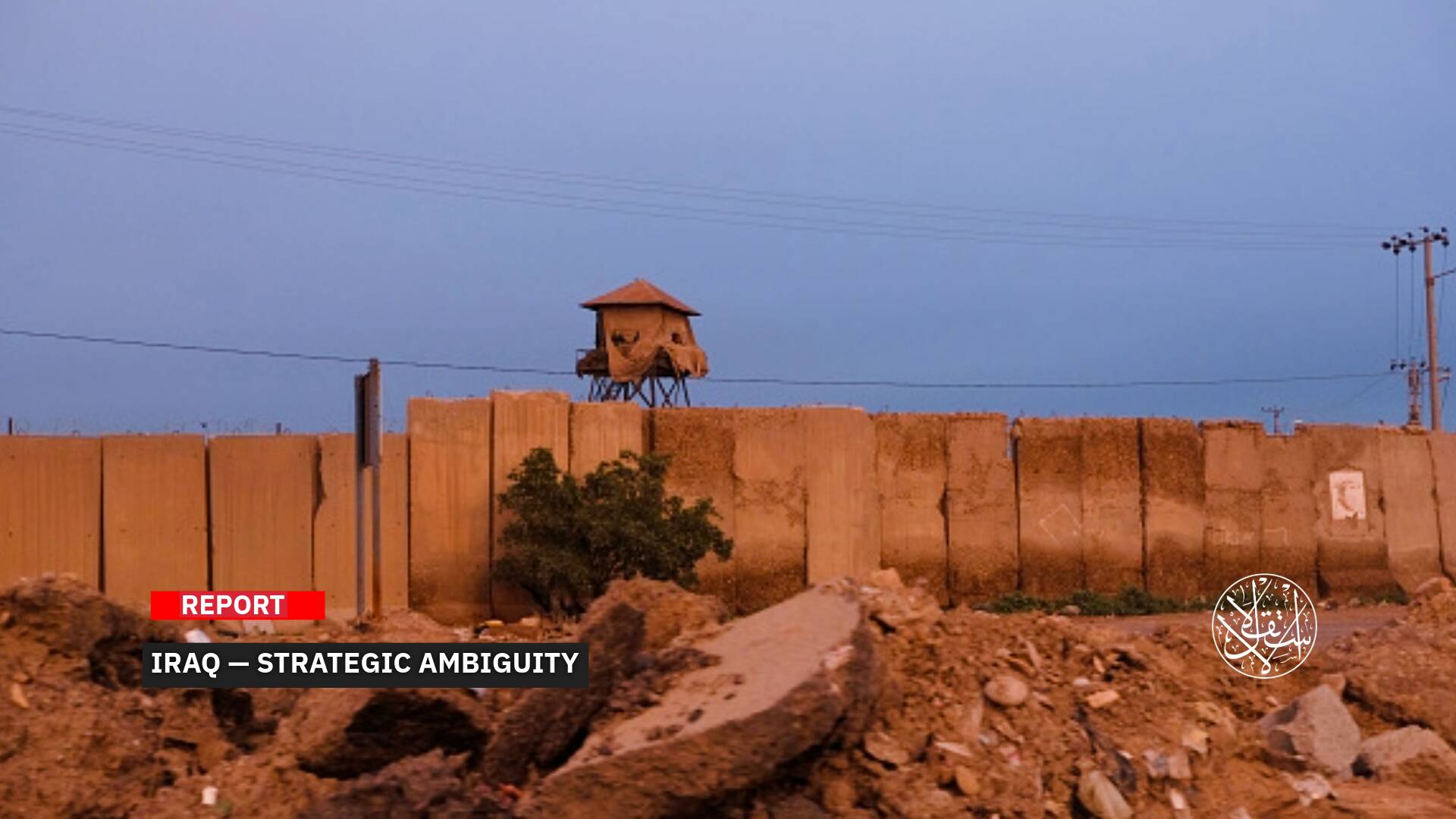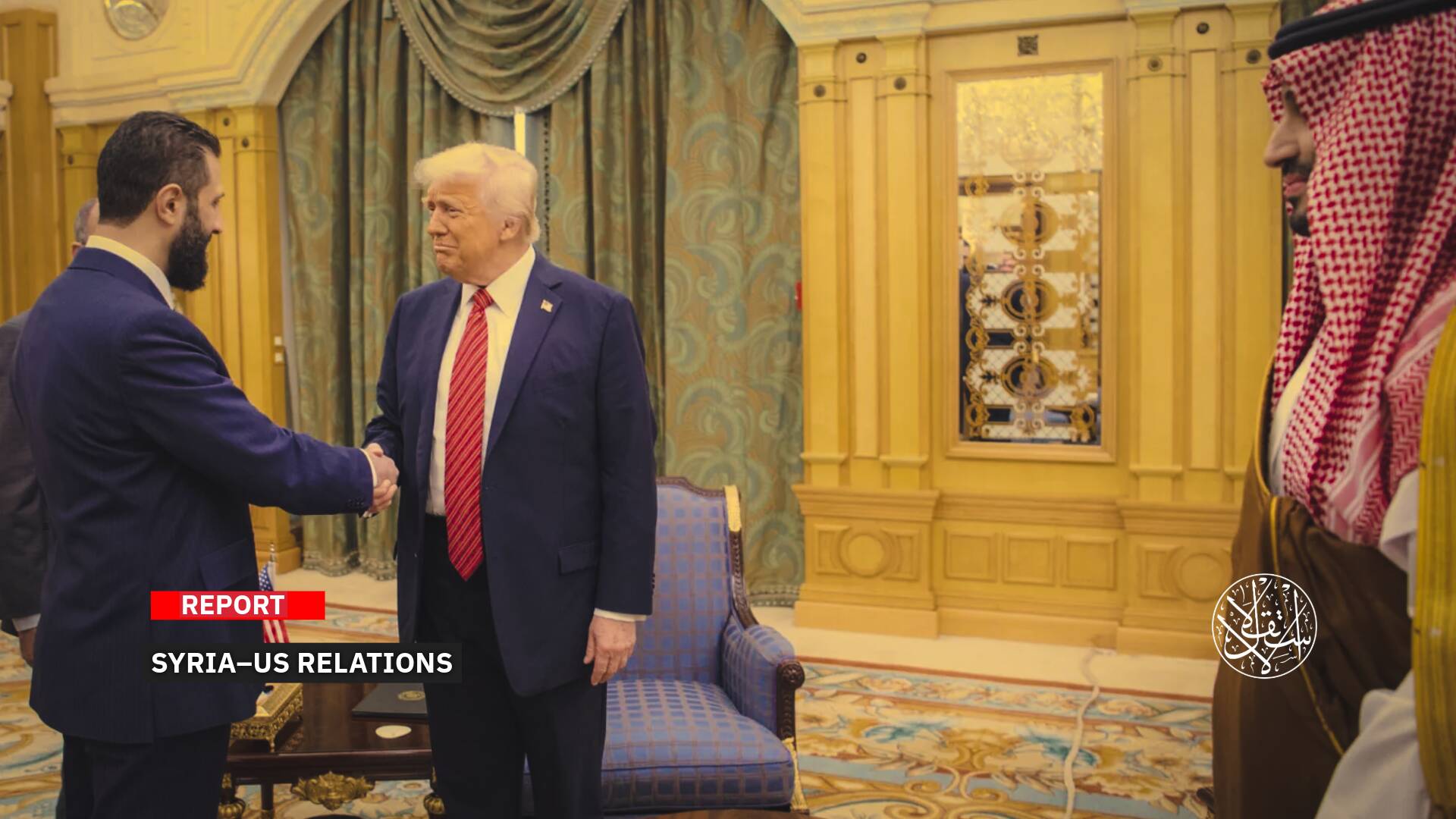The First ‘Public’ Israeli Visit to Egypt and Its Possible Reflections on Gaza Siege

Egyptian President Abdel Fattah al-Sisi invited Israel's Prime Minister, Naftali Bennett, on Monday 13 September 2021, making things clearer as described by Bennet. This was the first public visit to the North African country by a prime minister of the Zionist Entity in over a decade. This meeting, however, could have possible negative effects on the siege of Gaza, which Sisi used to ‘help’ the Israelis in its procedures.
That meeting, however, as the presidential spokesperson Bassam Radi said, was hosted by Sisi in the Red Sea Resort of Sharm el-Sheikh to discuss "efforts to revive the peace process" between the Israelis and Palestinians.
Gaza, the Victim
The visit of Naftali Bennett, the new head of the Occupation government, to Egypt, made Gaza, again, a victim of political interests. The head of the Political Bureau of the Egyptian Revolutionary Council, Amr Adel, says that “Egyptian security, intelligence and political cooperation have not stopped since the 2013 coup, and perhaps the best description of what is happening between the Egyptian coup regime and the Zionists with some Gulf countries is the strategic alliance against the peoples, so there is nothing new in the invitation of the Egyptian President and in the meeting with Bennet in Sharm el-Sheikh. What was going on in closed rooms needs to be clearer. That is it."
Adel expressed his belief that "the developments that occurred last year from the resistance in Palestine, the great failure of all Arab regimes at all levels, and the danger it presented to the Zionists, motivate the need to unite and integrate more with the Zionist project than the Egyptian coup regime."

For his part, the writer and political analyst concerned with Middle East issues, Izzat Al-Nimr had the same point of view concerning the reasons behind Bennet’s visit so he said that “Egypt during the era of Sisi suffers from the absence of vision, under his administration, so the country wanted to take the Palestinian file in hands in an attempt to prove existence, and seeks to be part of a political process with which Sisi’s name is associated.
In other words, The Egyptian President is presented only for a show, and the Palestinian case is a great opportunity for him.
In his statement to Al-Estiklal, the Palestinian political analyst Tayseer al-Khatib said that “One of the justifications for the meeting by the Egyptian side is that the meeting will address the situation of the Gaza Strip, and this is what actually happened, but not in order for the Egyptian side to pressure Bennett to ease the stifling siege on Gaza. Rather, what happened is exactly the opposite.”
Concerning the same point, Hamza Ismail, the Palestinian political analyst, said to Al-Estiklal that “This meeting has a clear reason as the Egyptian authorities have made continuous attempts to disarm the resistance in Gaza. “
‘Lovely’ Meeting?
After 10 years of the last visit, Egypt welcomed again the killers of Palestinian children, the Israeli Occupation, in Sharm el-Sheikh. During the past months, there have been many meetings between Egyptian officials and the Israeli occupation authorities at all levels, whether political, security, or economic, but basically all of them were not as public as this last one which came as a result of an invitation sent by the head of the coup authority, Abdel Fattah Al-Sisi, to the Israeli Prime Minister, Naftali Bennett. Egyptian intelligence said in a statement that Abdel Fattah al-Sisi had ordered the head of the General Intelligence Service, Major General Abbas Kamel, to visit Ramallah and Tel Aviv, in order to strengthen “Egyptian efforts to the peace process sponsored by Sisi.”
According to the Israeli media, the visit was aimed at focusing on "developments in Gaza," as Egypt is making efforts to establish a ceasefire in Gaza between the Israeli occupation and the Palestinians, noting that this visit was not announced in advance.
Egyptian presidential spokesperson Bassam Radi wrote on his official Facebook page that “the meeting included Sisi and Bennett, the foreign minister and the head of Egyptian intelligence, Sameh Shoukry and Abbas Kamel. “Also, from the Israeli side, there were Eyal Holata, head of the Israeli National Security Council, Lieutenant-General Ali Gil, Military Secretary to the Prime Minister, and Ms. Shimrit Meir, Senior Adviser."

On his way back to Israel, Naftali Bennet, the Prime Minister of the Occupation said that the meeting discussed the "political, security and economic issues and ways to deepen relations and enhance the interests of our two countries", in addition to "security stability in the Gaza Strip and finding a solution for the (Israeli) prisoners and missing persons," according to a statement issued by his office.
Behind the Scene
After 10 years, Prime Minister Naftali Bennett was the first Israeli leader to openly visit Egypt after an invitation by al-Sisi. The last official visit by an Israeli leader was in 2011, when Netanyahu met with Hosni Mubarak a few days before the latter was ousted. However, Sisi did not want to miss the chance to set “a positive tone” right away with a new “Israeli” government which was totally against Netanyahu. Although, the latter helped Sisi to oust the President Mohamed Mursi in 2013; this support became a strong pillar for Cairo in Washington.
It seems that the Egyptian President is concerned that “this pillar might erode” as the US and Occupation have changed hands, so he ran to the new Occupation government to guarantee a position of strength and confidence. In other words, Egypt intends once again to show to the World, especially to the Biden administration,” its indispensable role in stabilizing the Palestinian-Israeli conflict “as this was discussed during the meeting.

According to the Washington Institute, Bennett and Sisi meeting is considered as a rare opportunity to publicly strengthen relations and get rid of all Sisi’s fears.
“The welcome visit indicates that Egyptian-Israeli relations can flourish” after Netanyahu, potentially expanding from the security realm to economic and civil affairs, according to the same source.
In his interview with Al-Estiklal, Tayseer al-Khatib, writer and political analyst, said that “The meeting between Sisi and Bennett, which was unusual in terms of its timing and announcement, indicates that the relations between Egypt and the Israeli Occupation will witness an accelerated development on more than one level.”

He added that “The relations will no longer be limited as they were mostly on the security side.” Al-Khatib also insists that “the meetings will not be secret from now on, and may soon achieve something of Israeli Occupation’s ambition for popular normalization, in addition to the bilateral political and economic relations that will expand to new horizons.”



